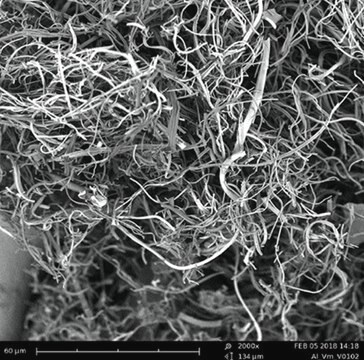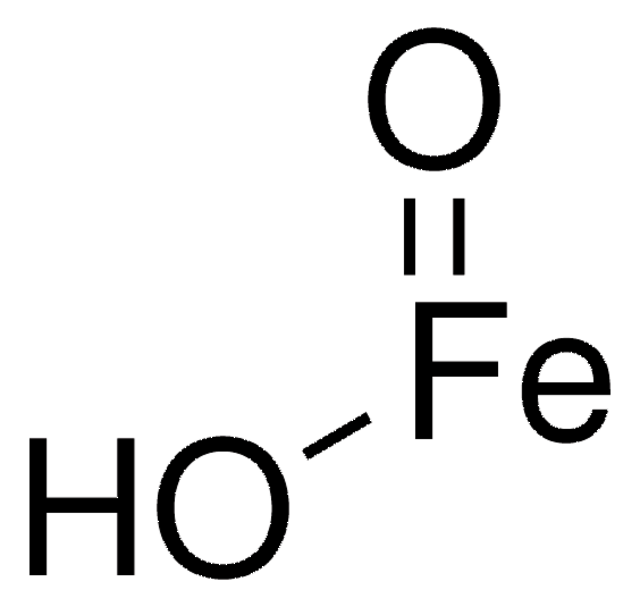267740
Aluminum oxide
pore size 58 Å, ~150 mesh
Synonym(s):
Alumina
About This Item
Recommended Products
description
weakly acidic
Quality Level
form
powder
technique(s)
ion chromatography: suitable
impurities
<0.03% Fe2O3
<0.4% Na2O
particle size
~150 mesh
pore size
58 Å
pH
~6.0 ( in H2O)
mp
2040 °C (lit.)
anion traces
chloride (Cl-): ~0.06 meq/g
silicate (as SiO2): <0.03%
SMILES string
O=[Al]O[Al]=O
InChI
1S/2Al.3O
InChI key
TWNQGVIAIRXVLR-UHFFFAOYSA-N
Looking for similar products? Visit Product Comparison Guide
Packaging
Storage Class
11 - Combustible Solids
wgk_germany
nwg
flash_point_f
Not applicable
flash_point_c
Not applicable
Certificates of Analysis (COA)
Search for Certificates of Analysis (COA) by entering the products Lot/Batch Number. Lot and Batch Numbers can be found on a product’s label following the words ‘Lot’ or ‘Batch’.
Already Own This Product?
Find documentation for the products that you have recently purchased in the Document Library.
Customers Also Viewed
Our team of scientists has experience in all areas of research including Life Science, Material Science, Chemical Synthesis, Chromatography, Analytical and many others.
Contact Technical Service

